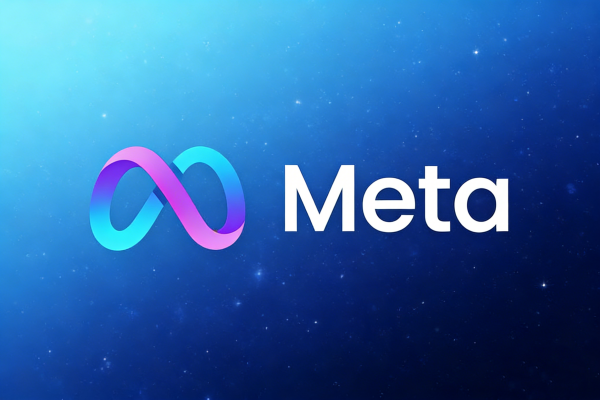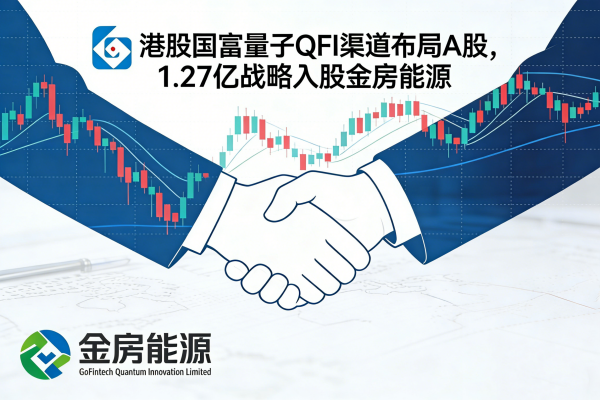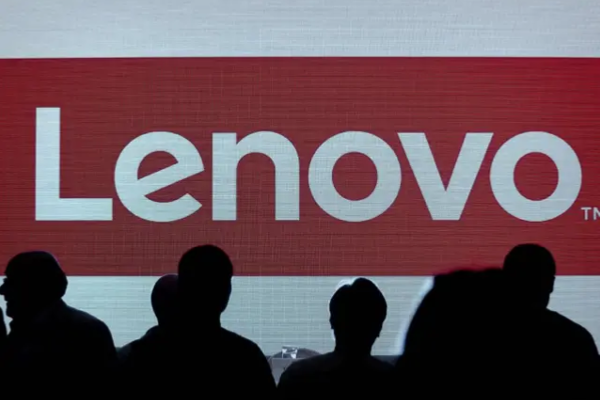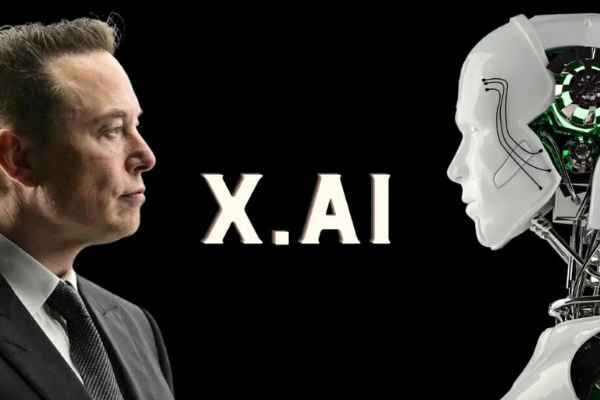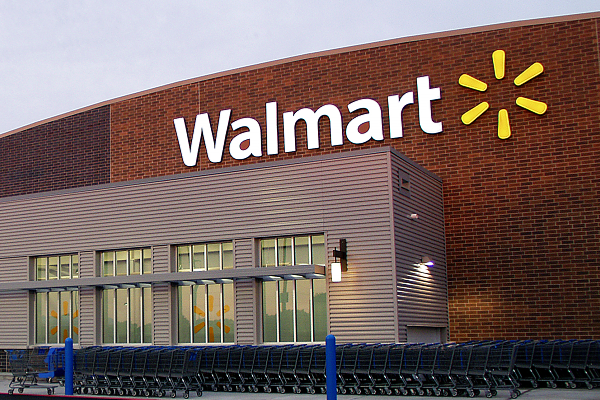After OKX DEX suspended its services, who can take over these “overwhelming users”?
A battle for traffic has begun. After OKX DEX suspended its service, players on the chain, led by P players, began to rush to find alternatives.
Some smart DEXs also began to use all their tricks to try to catch this "overwhelming wealth", and a battle for traffic has begun.
But compared with the competition for traffic, this closure may once again make exchanges and even all Crypto products ponder a more severe dilemma. How can they successfully land under stricter compliance?
Why did OKX DEX shut down its service?
Although OKX DEX claims to have shut down its service due to service upgrades, various clues in the market currently point to or may be related to EU regulation.
Last week, Bloomberg reported that in the Bybit $1.5 billion theft case, because hackers used OKX wallets in cross-chain transfers and money laundering, and the amount involved reached $100 million, the EU also began to investigate OKX while investigating the case.
Although OKX CEO explicitly tweeted in response that the statement in Bloomberg's report that "hackers cleaned about $100 million of the stolen cryptocurrency through the OKX Web3 platform" was incorrect and misleading, and stated that OKX also froze several times after the attack and provided technical support.
However, with the sudden closure of DEX services today, many crypto KOLs pointed to the EU regulatory investigation.
AB Kuai.Dong also said that after the closure of OKX DEX, it is rumored that many exchanges are also working overtime to rectify their businesses and isolate the exchange and wallet businesses and operating entities.
Who can catch this "overwhelming user"?
OKX has seized a huge market share through its first-mover advantage and huge investment in manpower and material resources. But within a few hours of the closure of DEX services, it was robbed of traffic by competitors.
Binance was quick this time. Binance co-founder He Yi interacted in the comment areas of major KOLs and recommended his own Binance wallet.
Binance officials also tweeted: "There is no time to explain. Update Binance to the latest version first. Something big is happening." Then the currency directly announced that within 6 months, there will be no transaction fees for the exchange in the wallet.
In the new version of Binance, Binance alpha assets can be traded on the Binance main site, and the asset page also has an "alpha" sub-version.
Bitget, which has not integrated wallets and exchanges, has an advantage in this regulatory storm. Bitget Wallet also responded quickly and launched a one-week recharge incentive activity with a prize pool of 90,000 US dollars.
As a hot product in this round of meme cycle, GMGN, although it has mainly attracted PC users in the past, GMGN also has a mobile terminal and has become one of the "alternatives" recommended by community users.
In addition, compared with exchange wallets that focus on free fees or bonus incentives, Particle Network's chain abstraction trading product UniversalX may focus on KOL recommendations.
Many KOLs on Twitter have focused on recommending UniversalX as an alternative to OKX DEX, many of which have attached detailed tutorials, and the popular slogan "Use UX, you can A8" is popular.
However, judging from the feedback from some users, some "alternatives" have many "pitfalls" in their product experience, and there is a lot of room for improvement.
For example, Binance and UniversalX, which are relatively loud today, a Twitter user said that although the transaction was smooth during the Binance alpha section, 1200U was lost; UniversalX has also been complained many times before that the transaction was not smooth.
Compliance is difficult, how can the sandwiched CEX "land"?
Mainstream exchanges, led by OKX, Binance, etc., have invested huge human and financial resources in compliance in the past.
In 2024 alone, the OKX compliance team added more than 300 people, and by the end of 2024, the global compliance team will be close to 500 people. OKX also has an on-chain investigation team of more than 150 people responsible for the deployment of anti-money laundering and sanctions tools.
Binance has spent a lot of money on compliance, with compliance expenses exceeding US$200 million in mid-2024. By the end of 2024, Binance's compliance team is expected to have 700 people.
Major exchanges are also striving for compliance licenses in various regions around the world. However, OKX, which may be investigated by the EU this time, is still the only exchange (the other is Crypto.com) that has obtained the EU's "Markets in Cryptoassets Regulation" (MiCA) license, and is still being targeted by regulators.
Perhaps because CEX business has always faced compliance issues, OKX took the lead in trying to strategically deploy on the chain through wallets, which also attracted many exchanges to follow suit.
However, judging from the OKXDEX shutdown storm, the exchange's main business wants to be completely compliant, and at the same time, the chain must be decentralized without permission, and supervision still faces challenges.
For exchanges, under the contradiction between global expansion needs and regulatory compliance in various regions, how to comply with regulations in the future is still a realistic dilemma.
Exchanges or the founders behind them are also seeking various ways to "go ashore".
Binance, which has been hit hard by regulation, recently chose to establish a local umbrella by embracing the UAE's sovereign wealth fund to cope with compliance pressure.
Coinbase, Karken, Gemini and other US exchanges, on the one hand, seek shelter through political donations, and on the other hand, they are also actively seeking to go public. Karken and Gemini have recently been reported to be preparing IPO plans.
Previously, Huobi founder Li Lin sold all his Huobi shares to Hong Kong Baiyu Capital after clearing out Chinese users to get out of the market.
However, the closure of OKX DEX not only sounded the alarm for exchanges again, but also made any Crypto product with a centralized entity need to think about potential regulatory pressure.


